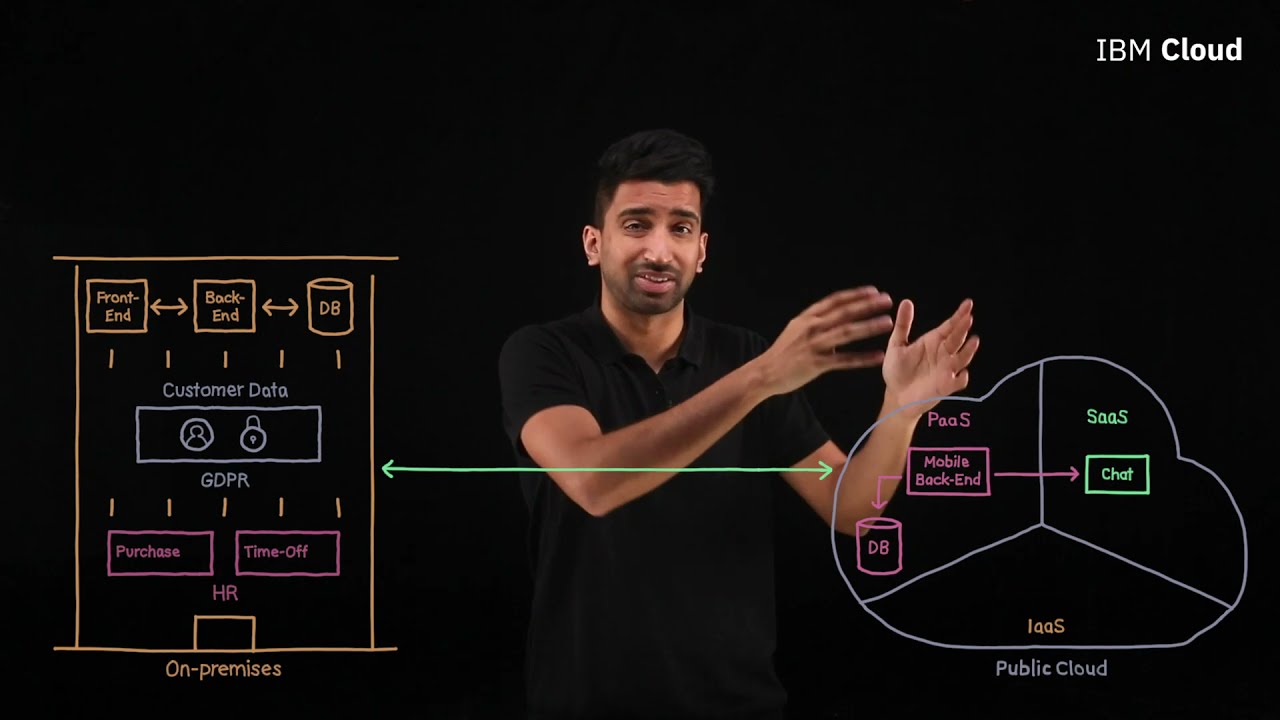
Hybrid cloud hosting services are becoming increasingly popular among businesses of all sizes and industries. This type of hosting combines the benefits of both public and private clouds, making it an ideal choice for companies that require a high level of security and control over their data while still enjoying the scalability and flexibility of the public cloud.
In this article, we will explore what hybrid cloud hosting services are, their advantages and disadvantages, how to choose the right provider, and some tips for optimizing your hybrid cloud environment.

Hybrid cloud hosting refers to a hosting environment that combines the benefits of both public and private clouds. In a hybrid cloud environment, some applications and data are hosted on-premises in a private cloud, while others are hosted in a public cloud.
The main advantage of hybrid cloud hosting is that it allows businesses to take advantage of the scalability and flexibility of the public cloud while still maintaining control over their sensitive data. By using a hybrid cloud environment, businesses can ensure that their critical applications and data are kept secure while still enjoying the benefits of cloud computing.



When choosing a hybrid cloud hosting provider, there are several factors to consider:
Public cloud hosting refers to hosting in a shared environment provided by a cloud provider. Private cloud hosting refers to hosting in a dedicated environment owned and operated by an individual or organization. Hybrid cloud hosting combines the benefits of both public and private clouds.
Hybrid cloud hosting can be more secure than public cloud hosting because businesses can keep their sensitive data and applications behind a firewall or on-premises. However, it also introduces new security risks that need to be managed.
The cost of hybrid cloud hosting varies depending on the provider, the amount of resources needed, and other factors. It is typically more expensive than using a public cloud provider alone.
Yes, many applications can be migrated to a hybrid cloud environment. However, careful planning and coordination are required to ensure a smooth migration.
When choosing a hybrid cloud hosting provider, consider factors such as security, scalability, performance, pricing, and support.
Hybrid cloud hosting services offer a flexible and scalable solution for businesses that require the security and control of a private cloud while still enjoying the benefits of the public cloud. By choosing the right hybrid cloud hosting provider, businesses can optimize their infrastructure, reduce costs, and ensure that their critical applications and data remain secure.
While there are some disadvantages to using a hybrid cloud environment, careful planning and management can help mitigate these risks. By following the tips outlined in this article and working with a reputable hybrid cloud hosting provider, businesses can create an efficient and effective hosting environment that meets their unique needs and requirements.
In conclusion, hybrid cloud hosting services offer a compelling solution for companies that need both the scalability of the public cloud and the security of a private cloud. While there are challenges associated with implementing a hybrid cloud environment, the benefits can be significant, including reduced costs, improved security, and greater flexibility. By carefully evaluating your business needs, choosing the right provider, and optimizing your environment, you can take advantage of all the benefits that hybrid cloud hosting has to offer.